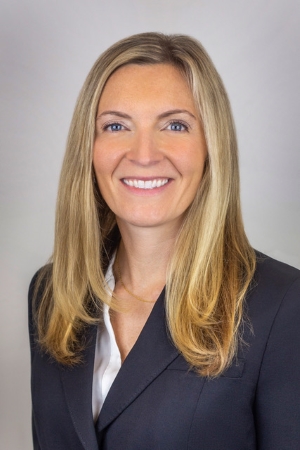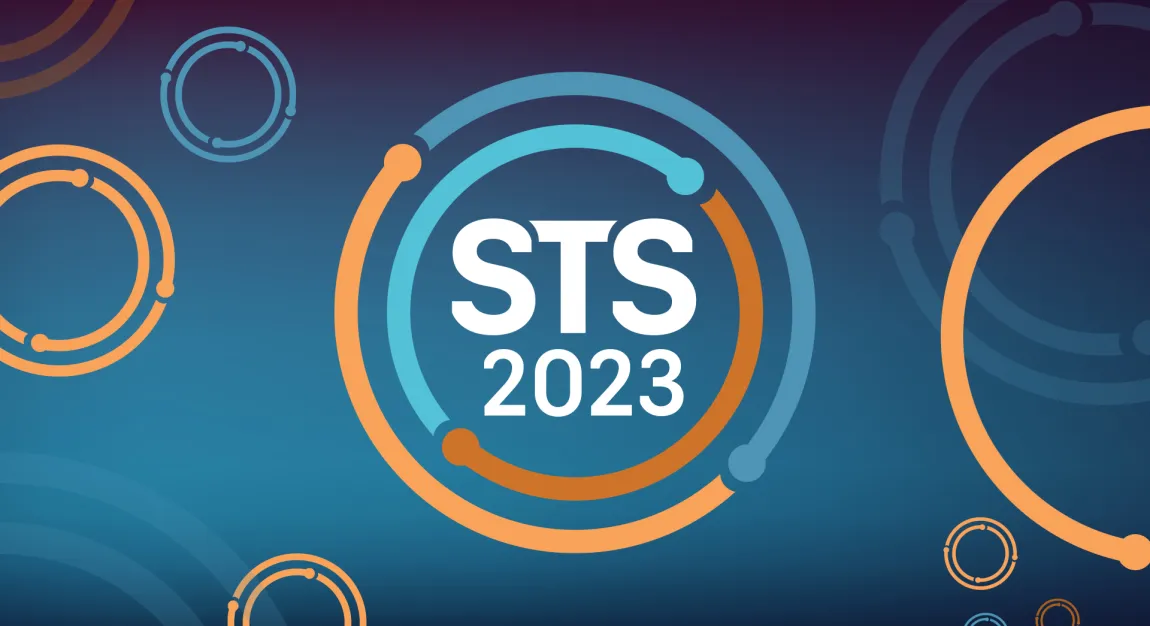
Tomorrow morning at STS 2023, surgeons will introduce the first-ever STS risk model that will help adults living with congenital heart disease better understand their risk of dying from a cardiac operation.
“Patients who have repaired congenital conditions often need ongoing care throughout their lifetime,” said presenter Jennifer S. Nelson, MD, MS, from Nemours Children’s Health in Orlando, Florida. “Sometimes this care is for the congenital condition, but they can also develop acquired heart disease problems later in life, just like anyone else.”
These patients may have different factors contributing to their mortality risk than the general adult cardiac patient population. But until now, the extent of risk from those factors hasn’t been comprehensively evaluated. While the STS Congenital Heart Surgery Database contains a trove of information about congenital surgery outcomes—and the STS Adult Cardiac Surgery Database captures nearly every adult heart surgery in the US—the former doesn’t capture adult risk factors such as hypertension and liver disease, and the latter doesn’t provide the fine details of congenital surgeries. So the extent to which risks overlap as a child “graduates” from a congenital registry to an adult registry has been difficult to mine.
“With this project, we’ve been able to incorporate additional relevant preoperative risk factors with the types of procedures patients are having, to evaluate what seems to influence their risk for operative mortality,” Dr. Nelson said.
To form the adult congenital heart disease (ACHD) model, Dr. Nelson’s team added 47 new variables, for procedures and diagnoses, to existing STS adult risk model variables. They were able to calibrate the model within demographic, procedural, and diagnosis subgroups, achieving excellent discrimination for operative mortality.
The team also sought to make future data curation as easy for Database participants as possible, introducing a new adult congenital data collection module that will create an automatic destination in the congenital database for any patient aged 18 or older.
“Moving forward, we will be obtaining much more relevant information pertaining to adults with congenital heart disease,” said Dr. Nelson. “We’ll get the best of both worlds—details of congenital heart conditions and prior operations, and we’ll be able to understand more about hemodynamics and the impact of traditional cardiovascular risk factors on cardiac surgery outcomes for adults.”
“It is not going to be a simple task to introduce a new data collection module,” Dr. Nelson continued. “But it’s really worth the investment of time and energy and we owe it to our patients. We’ve done a great job taking care of infants and children with congenital heart disease, we’ve helped them grow up. Now that they’re adults, they deserve the best ongoing care from us.”
